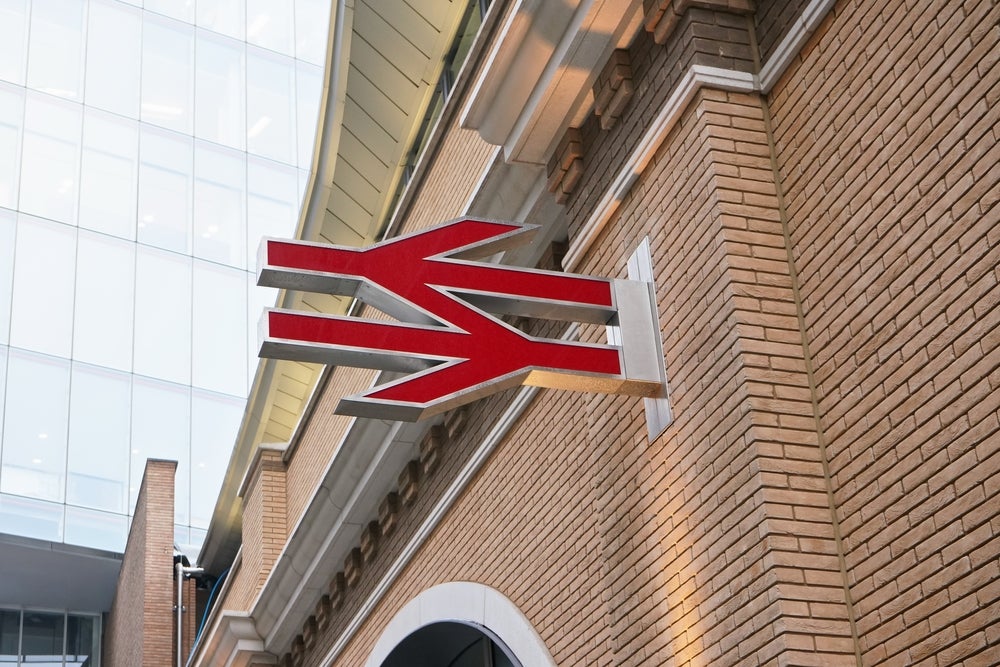
A lack of competition in the UK’s rolling stock leasing market is driving up rental prices and severely limiting options available to train operators, a preliminary Competition Commission (CC) report has found. The provisional findings published today outlined how a lack of rivalry between the three rolling stock operating companies (ROSCOs) for existing train leasing contracts was inhibiting flexibility and restricting alternative choices for train operating companies (TOCs), despite high competition for first leases of new rolling stock.
Inquiry chair and CC deputy chairman, Diana Guy, said: “There is frequently little or no competition to the existing, incumbent fleet of rolling stock on particular services when franchises are being re-let and new leases for rolling stock must be negotiated.

Access deeper industry intelligence
Experience unmatched clarity with a single platform that combines unique data, AI, and human expertise.
“There are a number of reasons for this but the fundamental problem stems from the lack of alternatives to the incumbent fleets when TOCs are putting together their franchise bids.”
At the time of franchise renewal, TOCs review the leasing arrangements for a lower price as the asset depreciates over its lifespan. However, the CC is concerned that a lack of competition is keeping prices higher than the rate at which rolling stock devalues.
The fundamental problems restricting competition have been outlined as the shortage of vehicles available for lease at the point franchises are being let, technical and operational issues, high costs and the length of the franchise time.
The report underlined the restrictive nature of the franchising system. Currently, the relatively long lifespan of rolling stock (approximately 35 years) and the short length of a rail franchise (approximately five years) often results in the TOC that wins or retains a franchise continuing to lease trains from the same provider as before. The CC’s findings also linked Department for Transport’s detailed specification during the franchising process as a further factor, which means that, often, “the only available and suitable rolling stock is that currently used by the incumbent operator”.

US Tariffs are shifting - will you react or anticipate?
Don’t let policy changes catch you off guard. Stay proactive with real-time data and expert analysis.
By GlobalDataA lack of spare capacity further weakens ROSCOs’ incentives to offer competitive rental rates, and TOCs consequently suffer from a restriction of choice in rolling stock available to lease.
The CC report follows the government’s White Paper “The Future of Rail”, published in 2004, which highlighted the failure of the privatisation of the leasing of rolling stock to evolve to a competitive market, as it was originally hoped. At the time, it was assumed that supply for rolling stock would more than satisfy demand, leading to high levels of competition.
ROSCO Angel Trains commented: “Angel Trains is studying the document and will be responding to the Competition Commission in connection with the proposed remedies in due course”.
HSBC Rail has also issued a statement: “Although the Competition Commission has provisionally identified some features of the passenger rolling stock leasing market that could be improved, HSBC Rail notes that the remedies that the CC is most minded to pursue to address these features involve recommendations to the Department
for Transport, aimed at improving the franchising process.”
The full report will be published on Friday 8 August.







